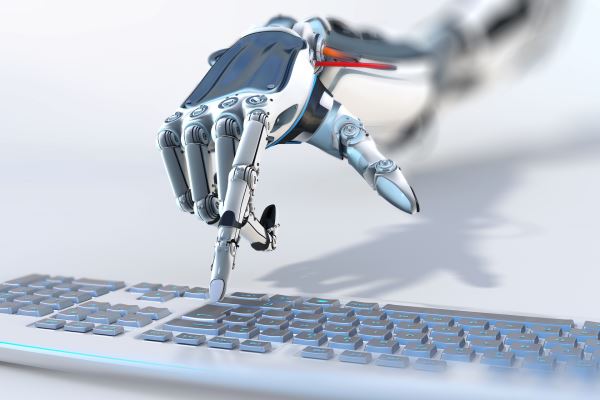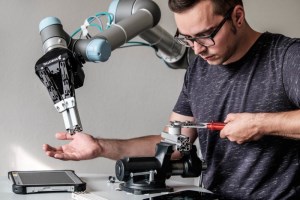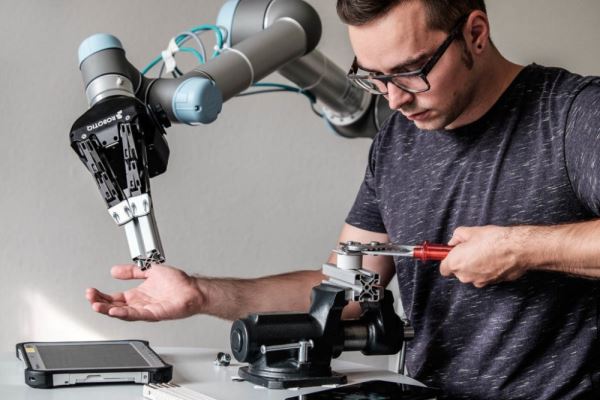The rise of technologies, such as artificial intelligence and robotics, is paving the way for a new future of work and pushing the Australian workplace into an era where some hard skills are no longer required, says Konica Minolta.
Such technological advancements are bringing more digital natives to the workforce, shifting demographics, and evolving expectations of Australian workers.
While workplace disruption is not a new concept with many innovations in history giving rise to new ways of working, the current pace of change and disruption made possible by the rise of technologies like artificial intelligence (AI) and robotics has brought new challenges to the workplace.
Konica Minolta believes it is crucial that the next generation of workers is prepared for the future world of work. Individuals must become adaptable to these new applications and this will only become more important as the digital age evolves.
Technology is already replacing the need for some hard skills such as accounting, mathematics, administrative capabilities, and many more.
The future workplace will require workers to have essential soft skills including critical thinking, adaptability, cultural understanding, and a self-starting drive to innovate and learn.
This will help them acquire and use hard skills as needed, then pivot to new skills as the workforce and technologies continue to evolve.
Equipping Australians with the necessary skills
The current generation has the responsibility to provide opportunities for the next generation to develop the key skills and expertise that workers can use to thrive and advance their careers in this new era of work.
Konica Minolta Chief Marketing and Innovation Officer, Shane Blandford, said, "The future of work is transforming professional development needs from specialised skills training and education degrees to lifelong learning.
“Hard skills will no longer have a singular relevance in the longer term, meaning the workforce will need to adapt and grow on the job. This has caused the focus to shift towards the continual upskilling of soft skills to equip the next generation to adapt to inevitable workplace changes."
According to Konica Minolta, to make sure the next generation is future-fit, education institutions and public sector organisations must expand their training approaches and program offerings beyond specialised occupational training. They will need to a focus on life skills as well as upskilling the next generation to be able to be proficient in dealing with AI, cybersecurity, robotics and 3D printing through digitally-focused courses and degrees.
Workplaces must also get involved by providing mentors and coaching when new-generation employees first enter the workplace.
Reaping the benefits in the workplace
According to Konica Minolta, the organisations that invest in strengthening their workforce will see an improvement in productivity and expertise across their entire business as a more knowledgeable workforce can tackle challenges and complete tasks to a higher degree.
It is essential that organisations adapt and support the next generation as this will have a direct impact on their competitivity and place in the market.
"It’s important to nurture the passion and confidence of the next generation by supporting professional skills development,” Mr Blandford said.
“Encouraging them to have confidence in their ability to succeed and pursue their ideas will push them to create better customer experiences and growth in the wider community as businesses contribute to society through employment and the introduction of new, innovative products and services.
"The world now belongs to digital natives, so it is crucial that employers invest in creating a skilled workforce not just with the hard skills to do their job but with the career development, applied learning and soft skills experience that contribute to an employee’s greater professional growth. Those organisations that commit to this will thrive in the future of work," concluded Mr Blandford.


